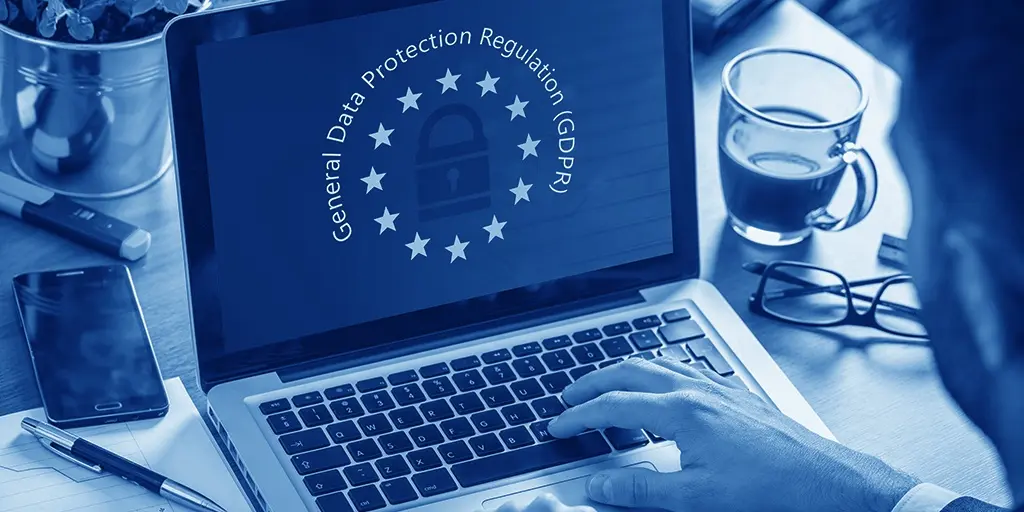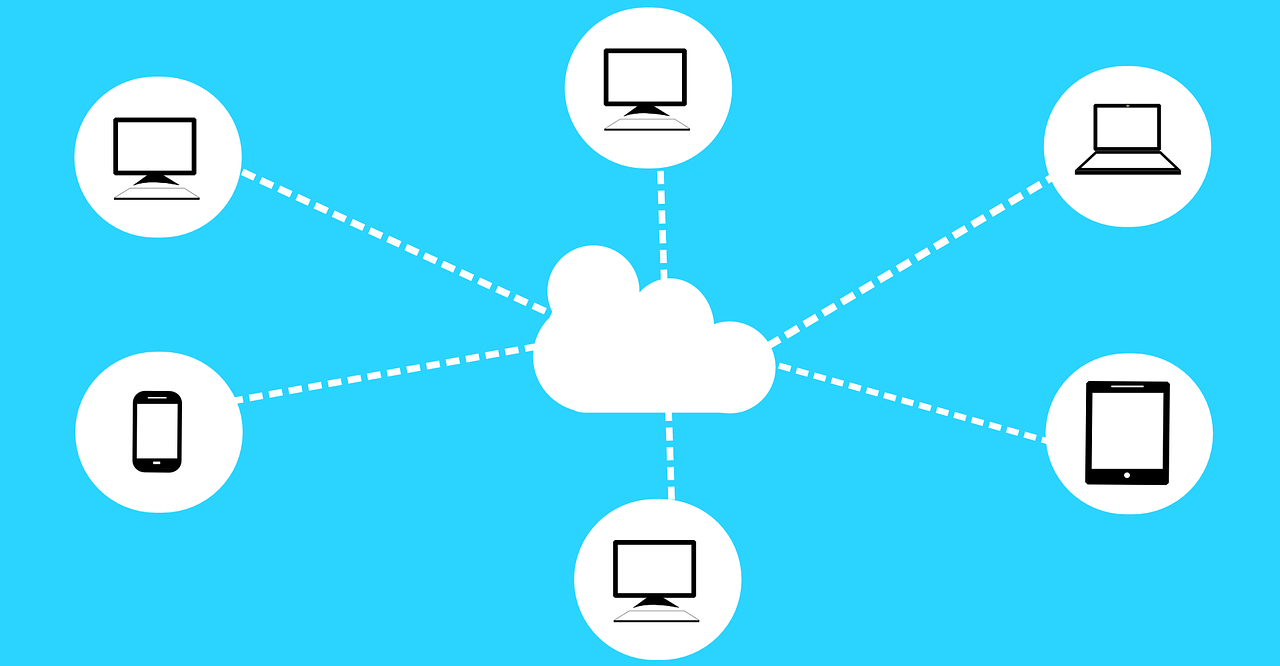
The Economic Value of Data and the Risks of Exposure
In today's digital economy, personal data fuels targeted advertising, product development, and even political campaigns. This commodification of information has created trillion-dollar industries, but it also exposes users to massive risks.
Breaches at companies like Equifax, Facebook, and Marriott have leaked millions of user records, proving that the more data is stored, the greater the incentive for cybercriminals to steal it. For businesses, the cost of a data breach can include legal penalties, loss of trust, and long-term brand damage.
Top Sectors Impacted by Data Breaches (2023)
| Sector | Number of Breaches | Records Exposed (Millions) |
|---|---|---|
| Healthcare | 370 | 115 |
| Financial Services | 290 | 98 |
| Retail & E-Commerce | 180 | 63 |
| Government | 120 | 49 |
| Education | 95 | 22 |
Source: Cybersecurity Intelligence Report 2024
The healthcare and finance industries remain the biggest targets, largely due to the sensitive and monetizable nature of the online data they manage.
Privacy as a Human Right: A Global Debate
While the European Union has made waves with its General Data Protection Regulation (GDPR), many other countries lag behind in implementing similar protections. In the U.S., online data protection laws remain fragmented and state-dependent. Meanwhile, countries like China have embraced state-centric data policies, prioritizing surveillance and control over individual privacy.
This divergence sparks an essential question: Is data privacy a fundamental right or a negotiable asset? The answer varies widely across cultures, economic systems, and political ideologies.
The Role of Corporations in Data Ethics
Tech giants like Google, Amazon, and Meta harvest vast amounts of data through search histories, smart devices, and cloud services. While some claim to protect users with encryption and privacy policies, others have faced lawsuits over data misuse and unauthorized tracking.
Even startups aren't immune. Many smaller apps collect far more data than necessary, selling it to third parties or failing to secure it properly. Transparency is often absent, and users are rarely aware of how their data is monetized.
A growing number of companies, however, are embracing data minimization—a practice of collecting only what is essential—and offering end-to-end encryption as a default rather than an option.
Surveillance Capitalism and Algorithmic Control
The darker side of online data protection is not just breaches but algorithmic manipulation. Platforms use personal data to shape user experiences, deliver political content, and influence decisions—from what we buy to how we vote.
This concept, known as surveillance capitalism, describes a system where users' online behavior is continuously monitored and predicted for profit. Without strict data protection regulations, users remain unaware of how their digital actions are being profiled and manipulated.
Data Sovereignty: Who Owns Your Information?
As cloud computing becomes global, questions about data sovereignty emerge. Should a German citizen’s data stored on U.S. servers be protected by German law, U.S. law, or neither?
Data sovereignty challenges arise particularly in international data transfers, where corporate convenience often outweighs user rights. Nations like India and Brazil are now demanding local storage of citizens’ data, invoking digital nationalism to assert control.
Chart: Global Online Data Protection Laws by Region (2024)
| Region | Comprehensive Laws | Sectoral Laws | No Formal Laws |
|---|---|---|---|
| Europe | ✅ GDPR + Local | ❌ | ❌ |
| North America | ❌ (U.S. lacks federal law) | ✅ HIPAA, CCPA | ❌ |
| Asia-Pacific | ✅ (Singapore, Japan) | ✅ | ❌ |
| Africa | ❌ | ✅ (South Africa) | ✅ (majority) |
| South America | ✅ (Brazil LGPD) | ❌ | ❌ |
Source: International Privacy Law Tracker 2024
The patchwork nature of global data protection frameworks poses challenges for multinational corporations and individual users alike.
Cultural Interpretations of Privacy
Different societies interpret online privacy through diverse lenses. In Western democracies, individual autonomy is paramount. In contrast, many collectivist cultures may see data sharing as contributing to social good—particularly in areas like health research or national security.
For example, South Korea's response to COVID-19 included extensive public tracking of infected individuals, raising eyebrows in Europe but praised at home for its effectiveness.
The cultural relativity of data protection ethics adds another layer of complexity to creating global standards.
The Future of Online Data Protection: Emerging Technologies
New technologies are shaping the next wave of online data protection:
- Decentralized identity systems using blockchain reduce the need for centralized data storage.
- Zero-knowledge proofs allow for verification without revealing actual data.
- Federated learning enables AI models to learn across multiple devices without transferring raw data.
These technologies promise better privacy, but they also raise new regulatory questions. How do laws adapt when data no longer exists in one place?
Data Protection as a Power Struggle
At its core, online data protection is about power—who has it, who controls it, and who is held accountable when things go wrong. Whether viewed through the lens of individual rights, national interests, or global ethics, the stakes continue to rise.









